5 Reasons Why You're Still Hungry After a Meal

Are you constantly hungry – even after eating a big meal? You might be making a dietary mistake, claims one expert. Alissa Brecht MS, RDN, is a nutrition expert and influencer who preaches "intuitive nutrition without restriction" on her Instagram account. In a recent Instagram post, she addresses some potential causes of your post-meal hunger and what you can do about it. "Reasons you're still hungry after a meal," she writes in the caption. Body Network's Resident RDN, The Diet Diva, Tara Collingwood, MS, RDN, CSSD, LD/N, ACSM-CPT, a Board Certified Sports Dietitian and co-author of the Flat Belly Cookbook for Dummies, also weighs in.
You Didn't Eat Enough
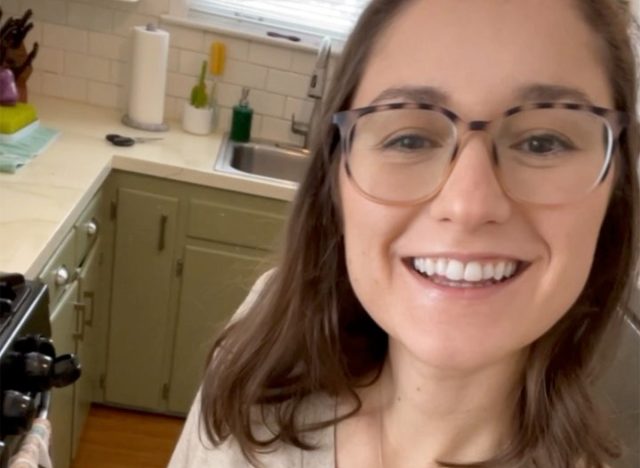
The first, and probably most obvious reason, is that you didn't eat enough food. "You need to eat, to not be hungry. Don't be afraid to listen to your body to tell you when you're done," says Alissa.
Your Meals Aren't "Balanced"
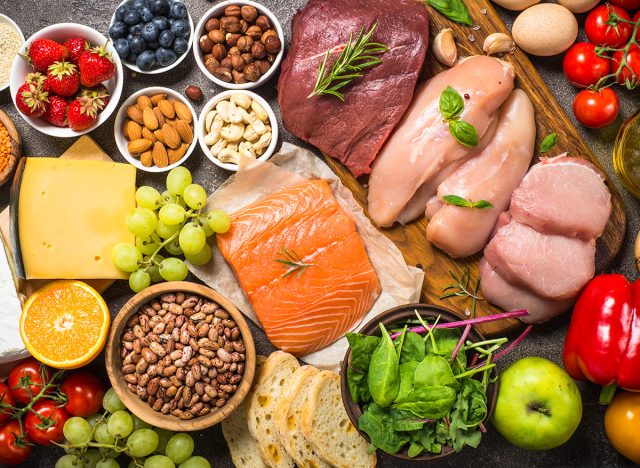
The second reason is that you aren't having "balanced" meals. "Meals don't need to be perfect, but the key feeling good after a meal is having carbs, fat, and protein," she notes.
RELATED: 10 Protein Tips to Help You Lose Weight, According to Nutritionist Danni Patton
Changes in Your Activity Level

"Changes in your activity level," could also be the reason why you are eating the same as usual, but are unusually hungry. "Increasing how active you are – walking, exercise, etc. – can make you feel hungrier," she points out.
You Are Waiting Too Long Between Meals
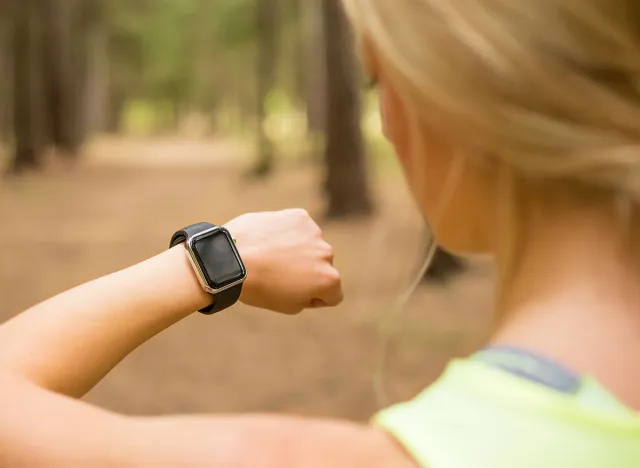
"It's been too long since you last ate," is another reason Alissa gives. "It's very normal and healthy to feel hungry multiple times during the day, your body needs to eat. If it's been 3-5 hours since you last ate and you're feeling hungry, that's normal," she says.
You Aren't Satisfied
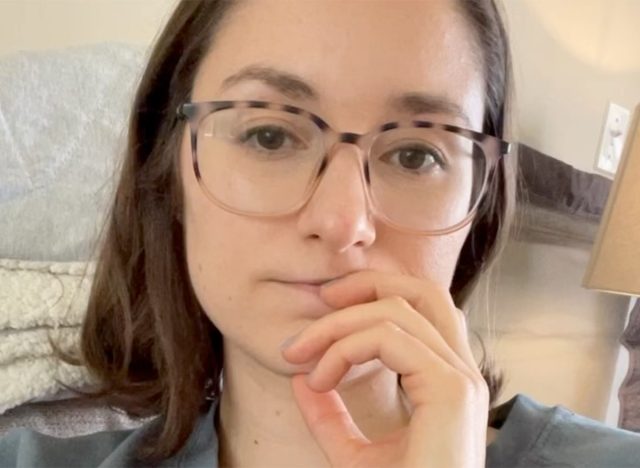
The last reason she gives is no satisfaction. "Satisfaction is what emotionally makes you feel full. If you didn't really enjoy what you ate, then you will want to keep eating," she points out.
Related: This Is Exactly How to Lose Body Fat This Year
Here Is What Body Network's Expert Thinks
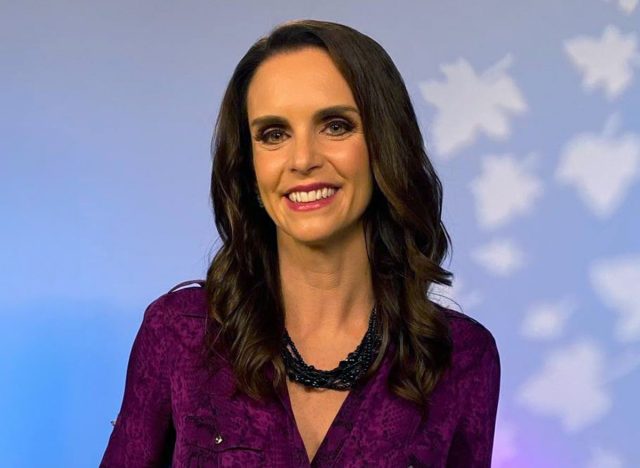
While Collingwood agrees that these are all reasons you could be hungry after a meal, she elaborates that you should always think about the type of hunger you are experiencing. "The word 'hunger' can mean a lot of things," Collingwood points out. "Maybe you are not 'hungry' physiologically but you still want to eat more because it tasted really good and you want more or you are feeling emotional and think food will make you feel better," she says. "Differentiating between physiological hunger and psychological hunger is one of the most important things to know how to fix it!"
💪🔥Body Booster: If you are hungry after eating, consider adding more protein to your meals. Most experts recommend at least 30 grams per meal to fill you up and keep you satiated.




